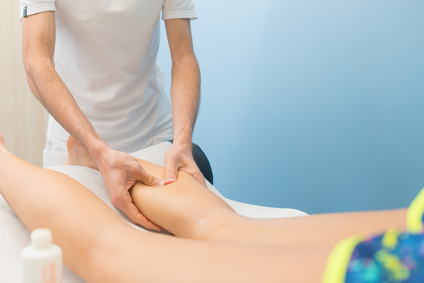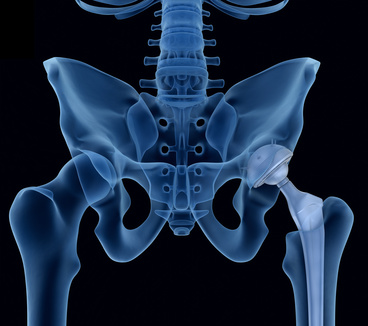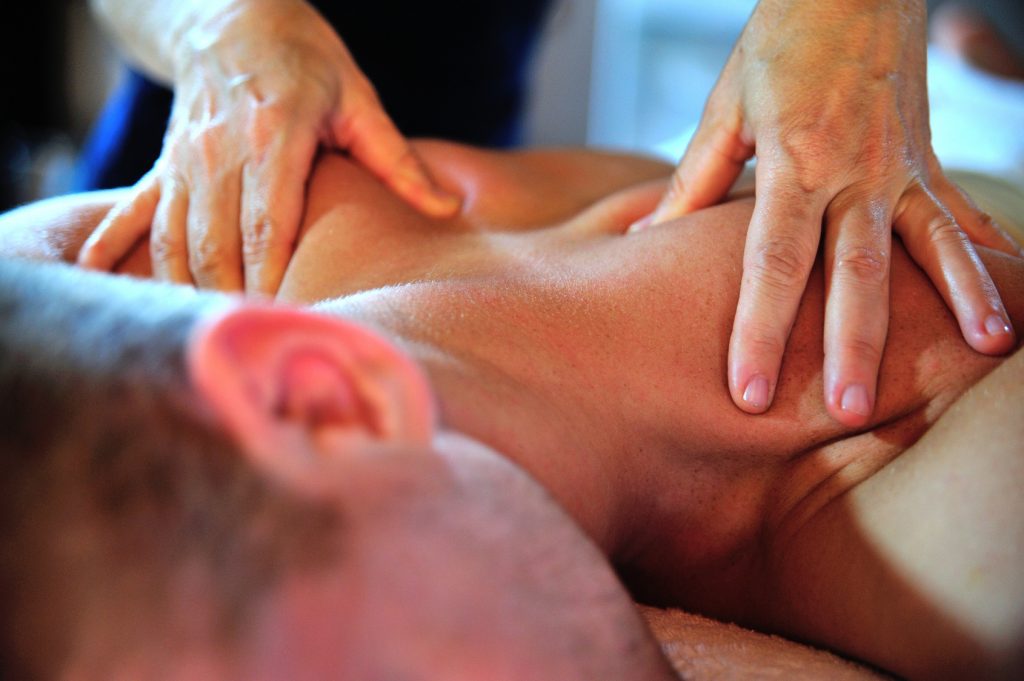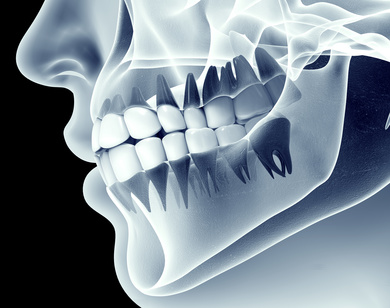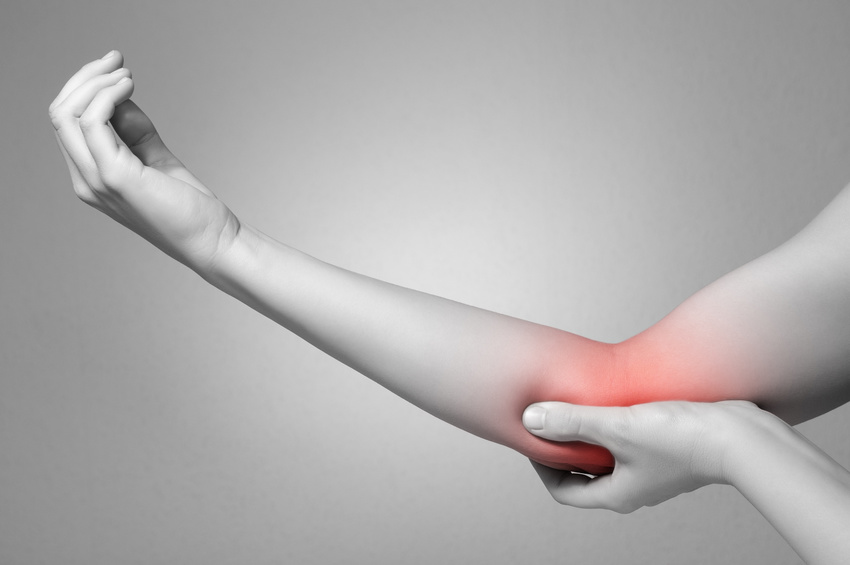We get so comfortable in our little bubbles that we often take for granted what we know.
In casual conversation with someone the other day I mentioned I was a Physiotherapist working in private practice orthopaedics (a “typical” community physio clinic). This person then asked:
“Do you treat knees?”
Now I thought…. Of course I treat knees! I treat the whole person! But really, shame on me for assuming that someone should know what I treat as a Physiotherapist. Physiotherapists have not typically done a great job in educating on what we offer. It is also true that every Physiotherapist and clinic practices a little differently. These differences may include the amount of time a Physiotherapist spends with you, how reliant they are on modalities (“the machines”), and if they lean heavily on the assistance of a Physiotherapy Assistant (PTA) (you see the Physio once and the rest of the treatments you see someone else, or you spend a certain percentage with the PTA vs the PT).
There are also some Physiotherapists who have taken additional courses to delve deeper into topics or have continued research and amalgamated their own research into treatments for specific ailments. For example, Physiotherapists can take concussion courses and register with a “trademarked company” these you can then pay to register with these organizations annually. This basically gives the Physiotherapist the ability to advertise that the are “_________ certified”.

Conversely, Physiotherapists may choose to take these and other courses, and use their own clinical reasoning and not pay the annual fees. They may also choose to explore the most current research independently and formulate their own system. This latter does not mean they are less capable of treating concussions.
There are other treatment techniques, such as Grade 5 manipulations, that a Physio should be educated on and assessed in their competency prior to our ability to treat in clinic. With this, acupuncture, and internal pelvic floor treatments we as Physiotherapists are required to register (“roster”) with the College of Physiotherapists to ensure we are monitored more closely.

So, yes, we treat knees in orthopaedic clinics. But we also treat:
- Necks
- Jaws (TMJ)
- Headaches
- Shoulders
- Elbows
- Wrists
- Hands
- Ribs
- Upper backs
- Lower backs
- Hips
- SI joints
- Knees!
- Ankles
- Feet
- Toes
- Pelvic floors (as specialist physiotherapists)
- “The Core”
And a whole Bunche of tendons and muscles in between!
As Physiotherapists we also treat the whole body. We address global strength deficits after injuries, due to bed rest etc. We treat people to prevent falls and enhance activities of daily living.
Physiotherapists can do so much!
- We help get people back to work
- We treat people after car accidents
- We help people return to sports
- We help people STAY in activities they love
- We help people maintain their independence for longer
- We should provide people with confidence to progress forward independently
- We help people recover after surgeries






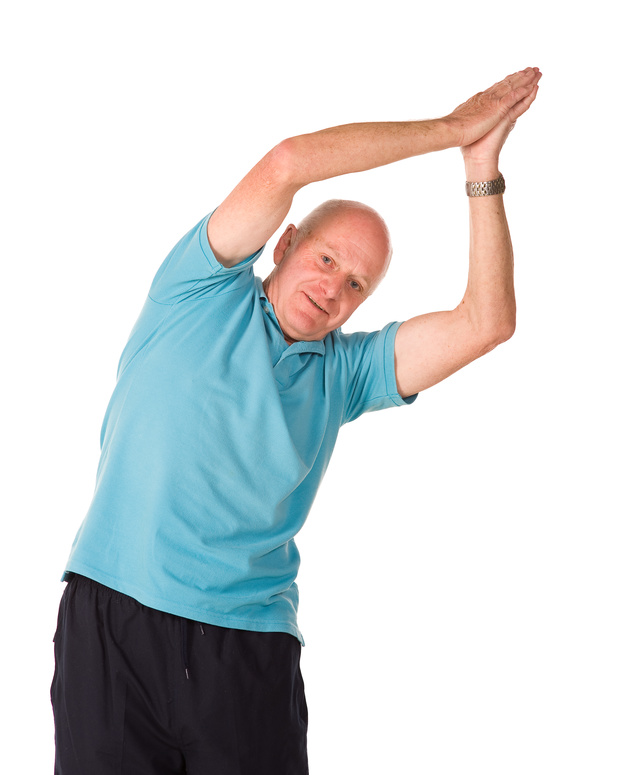





Lions Valley Athletics 


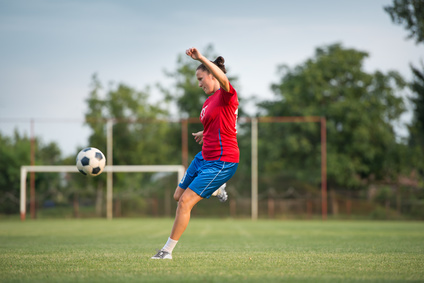
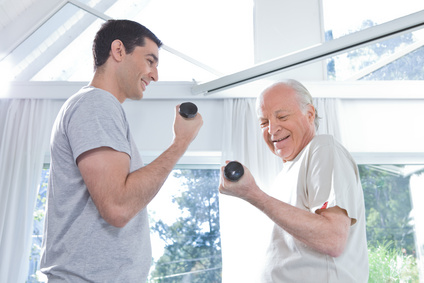


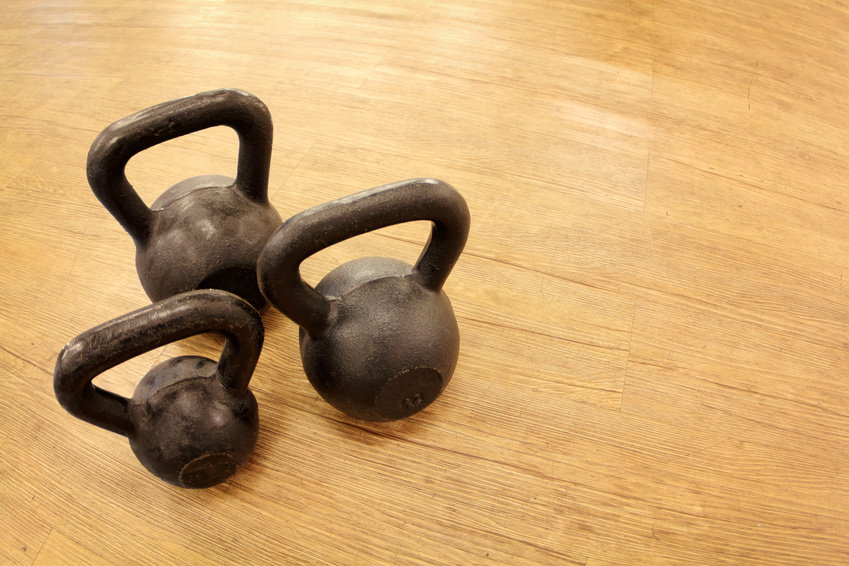
If you have questions about how Physiotherapy can help you or a loved one, just ask! If we can’t help you we can often point you in the right direction. For many things early intervention is helpful.


